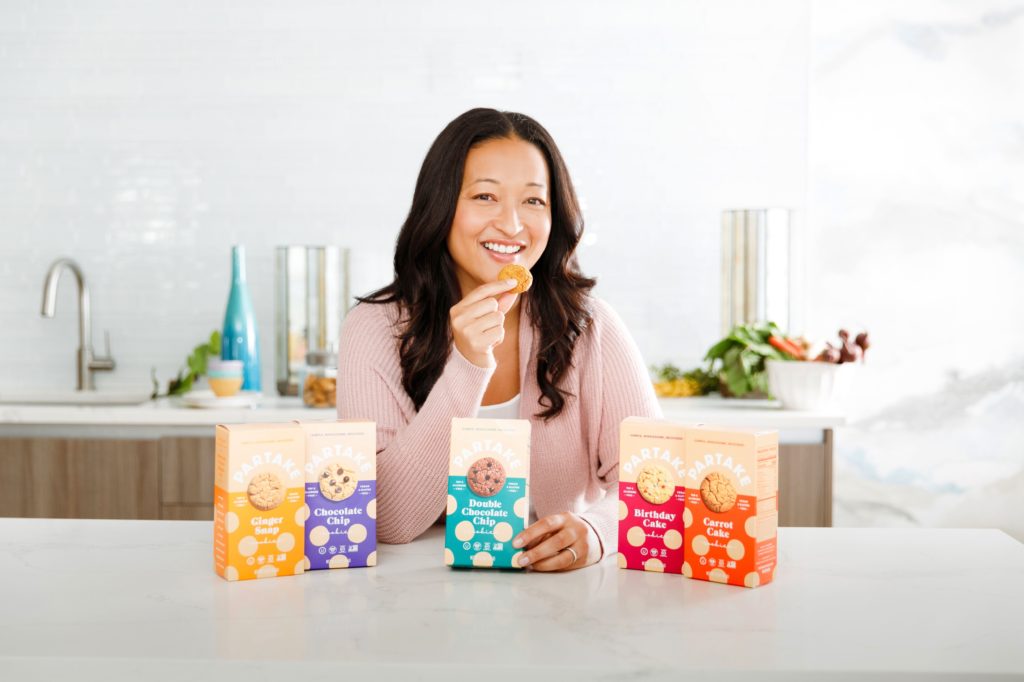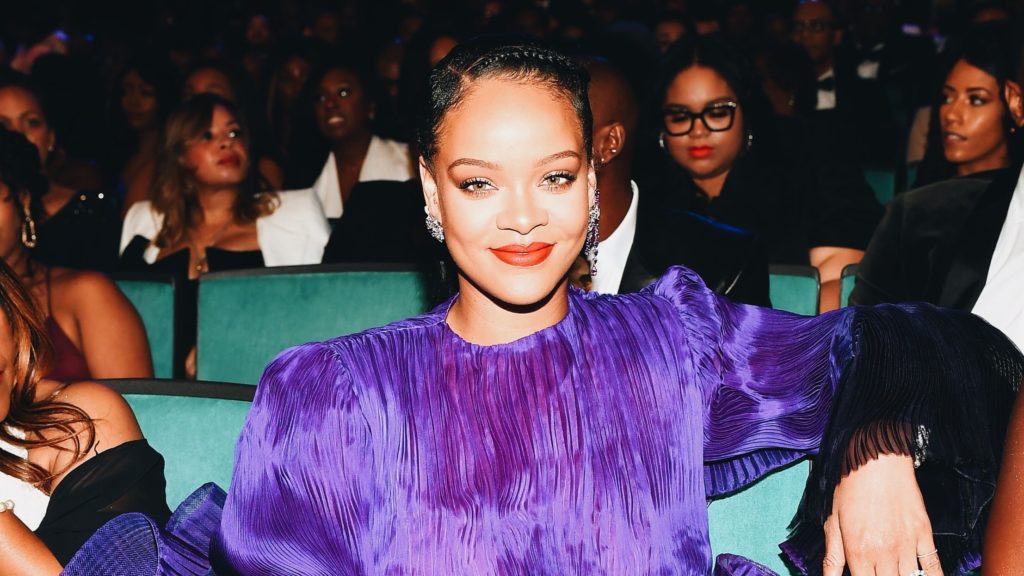Rihanna just invested in Partake Foods, a Black- and woman-owned vegan cookie business.
The vegan company, which makes allergen-friendly cookies, received $4.8 million in series A funding in December.
The round of investments was led by a number of celebrities. In addition to singer Rihanna, investors included NFL linebacker Bobby Wagner and former NBA player Kevin Johnson’s Black Capital.
According to Partake Foods, half of the company’s total funding—which amounts to $7.5 million—has come from Black investors. Singer H.E.R. and rapper Jay-Z, through his VC fund Marcy Venture Partners, have also invested in the vegan brand.
“I feel very passionate about continuing to increase wealth in the Black community wherever possible. So having investors on board that understand those missions and goals is really important to me,” Partake Foods founder and CEO Denise Woodard told Forbes.
In a press release, Woodard said the funds will be used to continue Partake’s “mission of making super delicious and safe food that those with and without dietary restrictions can enjoy.”
She continued: “The demand for thoughtfully-made cookies, snacks and treats is clear. We are excited to continue to provide plant-based, safe, and crave-worthy foods to consumers.”
Partake Foods’ products are now available in 2,700 stores. Major retailers include Target, Whole Foods Market, and Sprouts.
Woodard founded Partake Foods in 2016 after her daughter was diagnosed with multiple food allergies.
In 2017, the company launched with three cookie flavors. The vegan brand has since expanded to include seven new flavors. It also has a soft-baked cookie line and the newly-released 5-in-1 baking mix.
So that her daughter and others experiencing food allergies can enjoy the company’s treats, Partake Foods makes all of its products free of the Top 8 allergens, non-GMO, and gluten-free. The cookie company is also the first to be certified glyphosate residue-free.

Vegan Black Woman-Owned Businesses
BIPOC-women like Woodard are beginning to make waves in the startup space. According to the Women’s Business Enterprise National Council (WBENC), Black women-owned businesses grew by 163 percent between 2007 and 2018. The WBENC is a third-party certifier of businesses that are owned, controlled, and operated by women in the U.S.
But while Black women are among the fastest-growing demographics of entrepreneurs in the U.S., they still face significant setbacks when it comes to securing funding.
According to ProjectDiane, a biennial demographic study that analyzes public funding for Black and Latinx women entrepreneurs, Black and Latinx women-founded businesses in the US secured less than one percent of all venture capital investment.
This is one glass ceiling Woodard is working to shatter. According to Forbes, she is the first Black woman to raise $1 million for a food startup. Since 2018, the number of Black women who have garnered more than $1 million in funding has more than doubled, reports ProjectDiane.
In order to help other BIPOC-women, Woodard leads the Black Futures in Food & Beverage fellowship program. Through its partnership with historically Black colleges and universities—including Howard, NC A&T, Clark Atlanta, and Florida A&M—the program aims to promote gender and racial inclusivity in the food industry.


